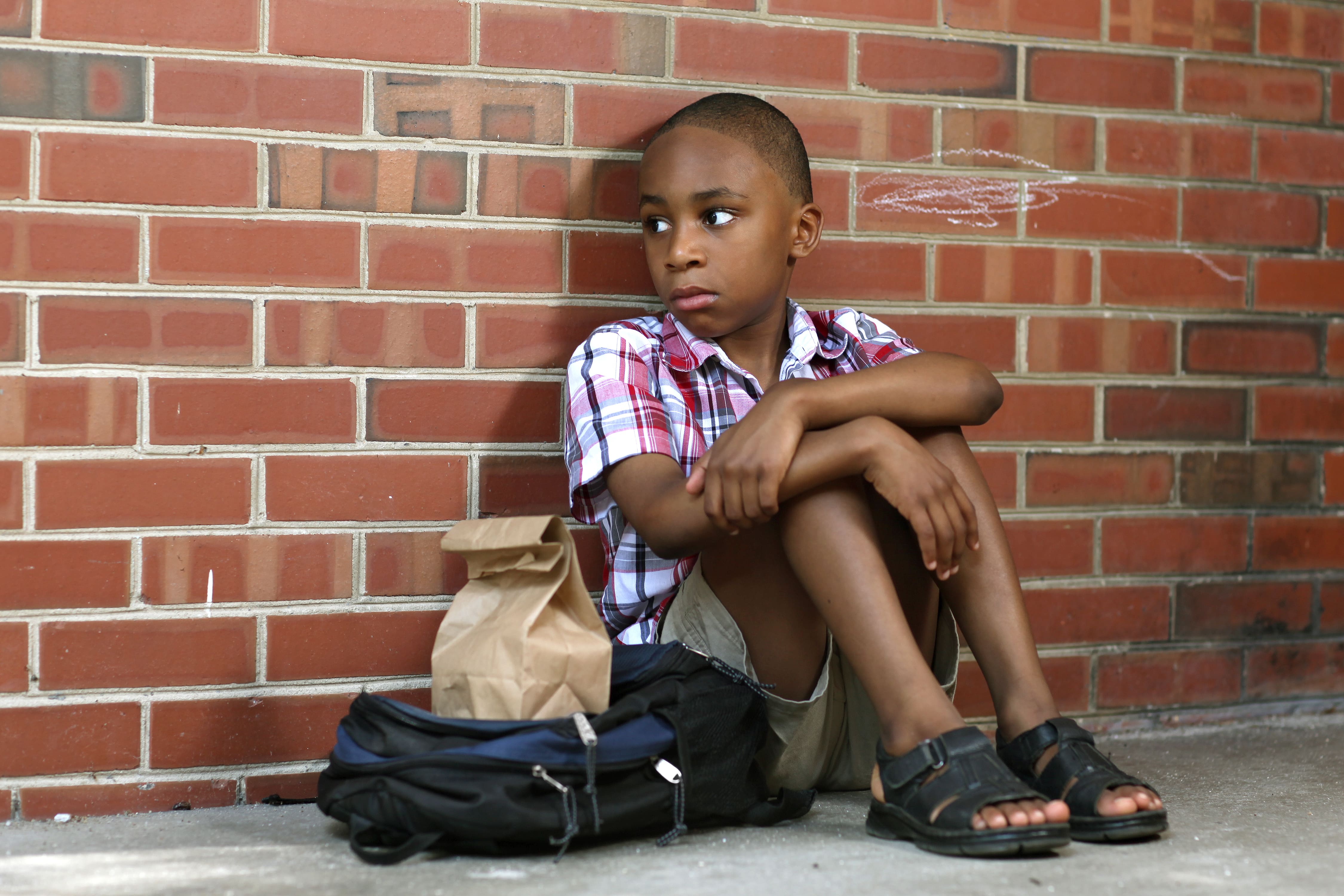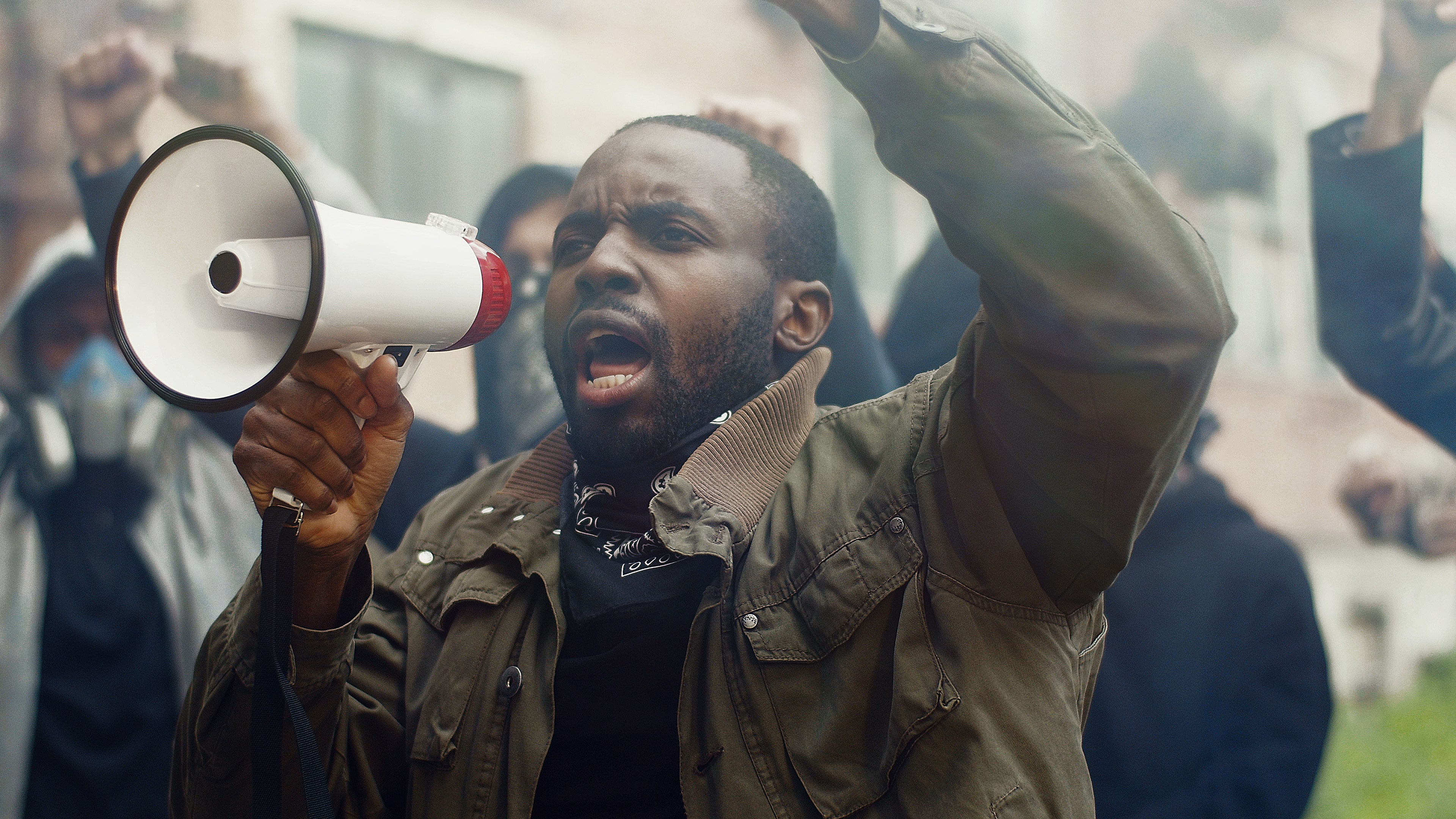Science Meets Storytelling
Through my writing, I explore how digital spaces shape mental health, trauma, grief, and resilience—particularly for youth and adults of color. I blend rigorous academic research with accessible, human-centered storytelling to elevate underrepresented voices and drive community-centered innovation.




Explore My Work

Academic Publications
Peer-reviewed studies that explore the digital lives of marginalized communities, advancing knowledge in social work, data science, and public health.

Articles and Essays
Essays that reflect on digital grief, emotional well-being, and the intersections of race, identity, and online life.

Media Features
Appearances and commentary in major media outlets unpacking how social platforms affect the emotional and social realities of people of color.

Spotlight on Impact


Digital Narratives of Grief and Resilience: Insights from the Integrating Emotional Stories Online (IESO) Platform
This interdisciplinary study examines how Black Harlem residents and New York City university students use social media to express grief and daily stress. Using the Integrating Emotional Stories Online (IESO) platform, researchers collected anonymous posts and analyzed them with qualitative and computational methods. Findings revealed four main themes: interpersonal grief, systemic grief, everyday stressors, and practices of self-care and joy.



Access My Writing

Social media as a vector for youth violence: A review of the literature
This review examines how social media platforms have become tools through which adolescents perpetuate youth violence such as bullying and harassment highlighting the role of digital networks in amplifying aggressive behaviors.

Review of research on school bullying among African American youth: An ecological systems analysis
This review highlights how school bullying and peer victimization affecting African American youth are shaped by overlapping factors across home, school, peer, and societal systems and argues that applying a social‑ecological framework can better identify risk and protective factors and guide more effective interventions.

Internet banging: New trends in social media, gang violence, masculinity and hip hop
This review chapter explores how social media elicits both negative emotions such as anxiety and depression and positive states like hope and inspiration by drawing on theories of cognitive appraisal and social comparison and highlighting how user characteristics and life stage influence emotional responses.

Posttraumatic stress symptoms in context: Examining trauma responses to violent exposures and homicide death among Black males in urban neighborhoods
This qualitative study examines traumatic stress among young Black men in Baltimore who experienced the homicide of a loved one and finds that most participants reported multiple PTSD symptoms with hypervigilance expressed as being on point, underscoring the need for contextually relevant mental health interventions in communities with chronic violence exposure.

Using Natural Language Processing and Qualitative Analysis to Intervene in Gang Violence: A Collaboration Between Social Work Researchers and Data Scientists
This study introduces the Digital Urban Violence Analysis approach which combines grounded qualitative analysis of tweets from gang‑affected youth in Chicago with natural language processing techniques to create tools capable of detecting aggressive language and supporting violence prevention efforts.

Artificial Intelligence and Inclusion: Formerly Gang-Involved Youth as Domain Experts for Analyzing Unstructured Twitter Data
This article demonstrates how involving formerly gang‑involved young people as domain experts can enhance the contextual understanding of unstructured Twitter data—improving part of speech tagging and content classification for detecting aggression and loss among marginalized communities (Published February 2020 in Social Science Computer Review).

Annotating Twitter Data from Vulnerable Populations: Evaluating Disagreement Between Domain Experts and Graduate Student Annotators
This conference paper published in January 2019 presents findings from comparing how Chicago‑based domain experts and social work graduate students annotate tweets with images for psychosocial codes like aggression, loss, and substance use and underscores the importance of including community expertise to reduce misinterpretation when working with data from vulnerable populations.
Join the Movement
Take the next step—join the waitlist for my upcoming book or book me for your next event. Let’s build a future rooted in care and connection.
Stay Inspired, Stay Informed

Sign up to receive insights, research updates, and reflections on joyful living, digital healing, and social transformation.


